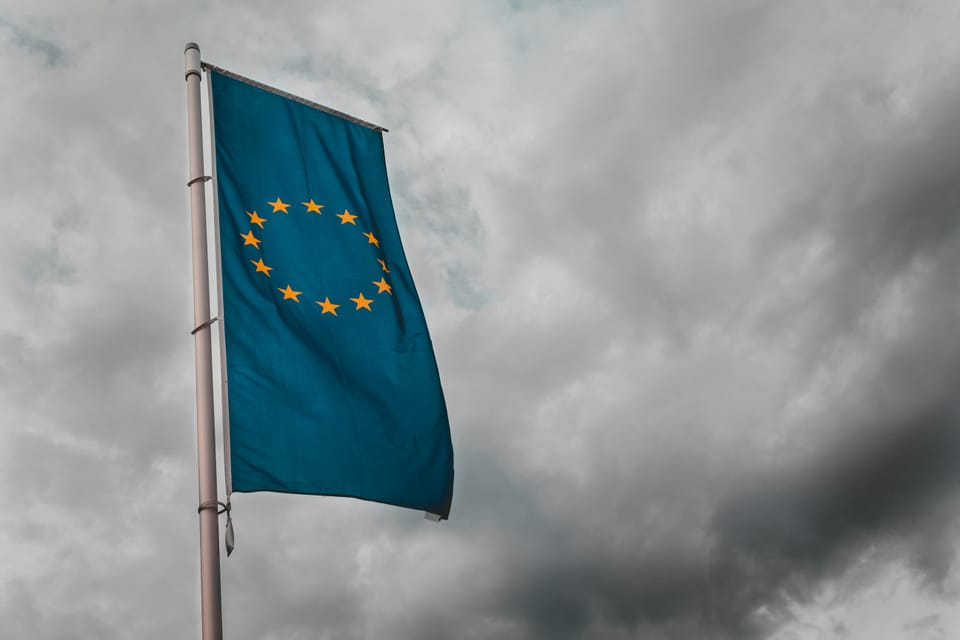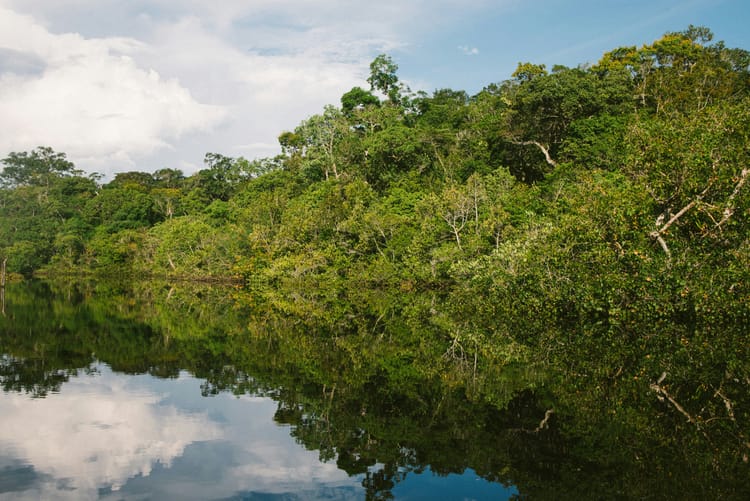Climate organisations slam EU ‘ambiguity’ over 2035 target
“The political damage from this failure is already evident.”

Environmental organisations like the World Resources Institute and Climate Action Tracker have criticised the EU’s lack of commitment to a clear 2035 target ahead of COP30.
The European Council yesterday (September 18) published a statement of intent regarding the bloc’s 2035 nationally determined contribution (NDC) – the climate targets signatories of the Paris Agreement are due to announce by November.







